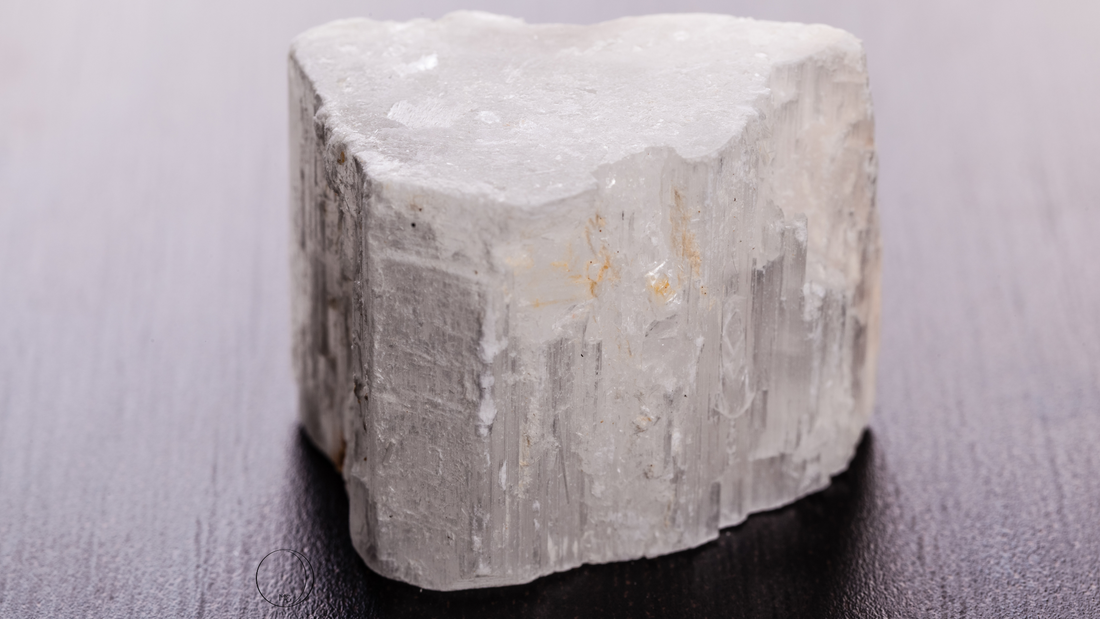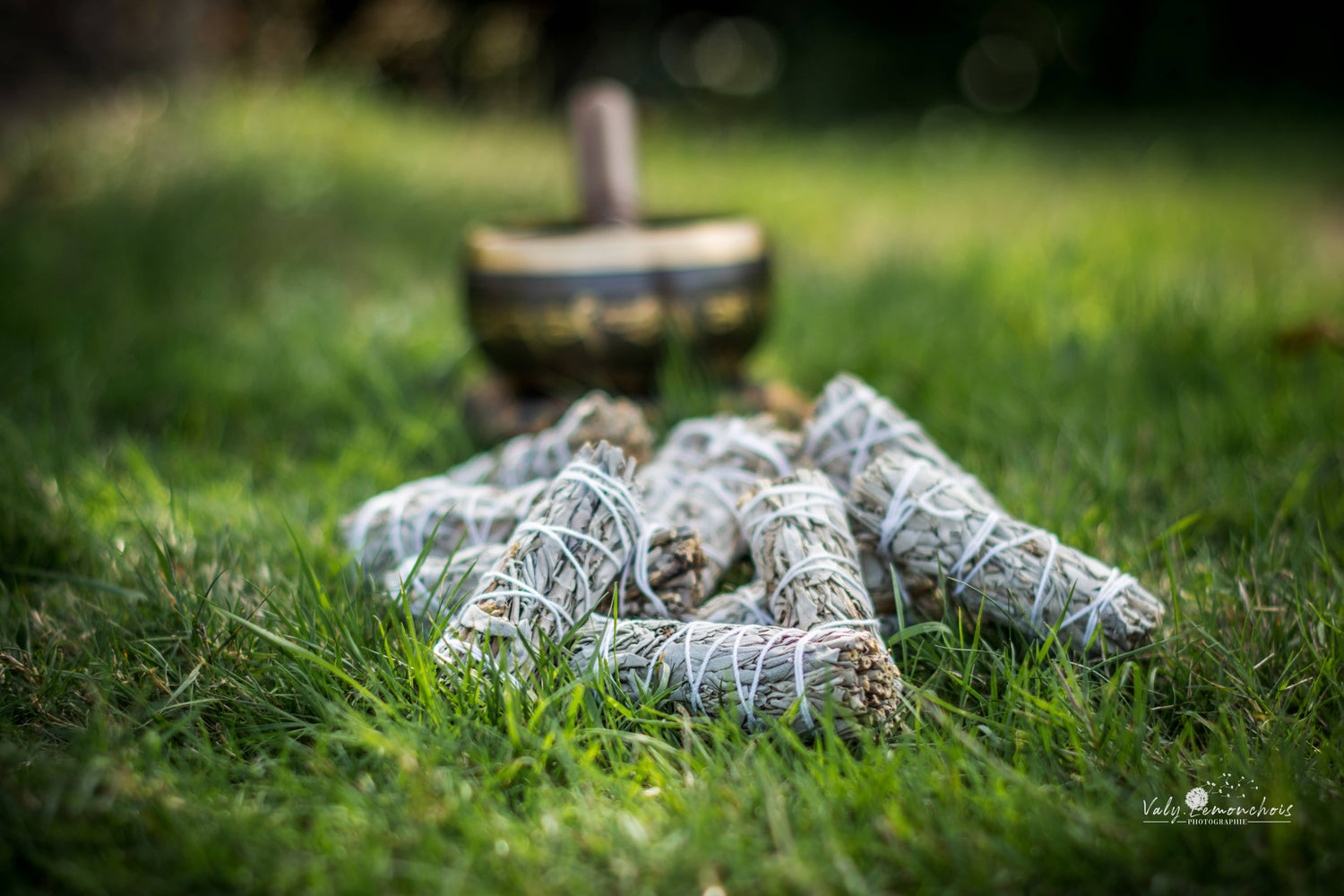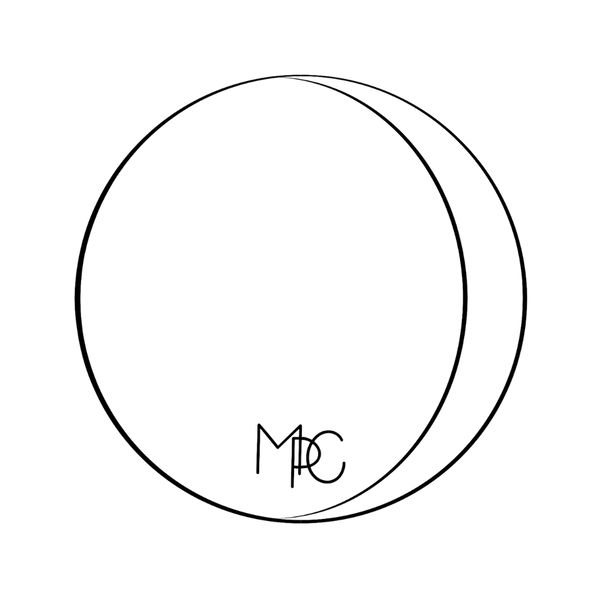Gypsum is a mineral naturally found in many parts of the world, known for its diversity of forms and its many applications in areas ranging from construction to alternative medicine. In this article, we will explore the different forms of gypsum, their distinctive properties, and their practical uses.
What is Gypsum?
Gypsum is a mineral composed of hydrated calcium sulfate (CaSO4·2H2O). It typically forms in environments where water slowly evaporates, leaving behind gypsum deposits. Gypsum comes in many different forms, ranging from transparent crystals to massive aggregates, fibrous crystals and layers of laminated gypsum.
Gypsum Forms
1. Gypsum Crystals: Gypsum crystals appear in the form of elongated prisms or tabular crystals, often colorless or white in color. They can be transparent to translucent and sometimes have inclusions or colored veins. Gypsum crystals can form massive groups or aggregates, and are often found in rock cavities or caves.
2. Alabaster: Alabaster is a translucent, soft form of gypsum that is often used in sculpture and interior decoration. Its soft texture and ability to be sculpted make it a popular material for creating statues, lamps and decorative walls.
3. Satin Spar: Satin spar is a variety of fibrous gypsum that has a silky, fibrous texture. It is often used for making plaster and dental plaster due to its purity and fine texture.
4. Rose Gypsum: Rose gypsum is a variety of gypsum tinted from pink to reddish due to the presence of iron oxides. It is often used as an ornamental stone in the making of jewelry and decorative pieces.
5. Selenite: Selenite is a transparent to translucent variety of gypsum that occurs as prismatic crystals or lamellar plates. It is often used in lithotherapy for its soothing and purifying energetic properties.
Practical Uses of Gypsum
- Construction: Gypsum is widely used in the construction industry for the manufacture of plaster, plasterboard and gypsum cement. Plaster is used for covering walls and ceilings, as well as for making casts and sculptures.
- Dental Industry: Gypsum is used in the dental industry for the manufacture of dental models, impressions and dentures due to its malleability and ability to reproduce precise details.
- Alternative Medicine: In alternative medicine, gypsum is sometimes used for its curative and soothing properties. Selenite , in particular, is used in lithotherapy to balance the body's energies and promote general well-being.
Precautions and Considerations
Although gypsum is a versatile mineral, it is important to take precautions when using it, especially in industrial and medical applications. Prolonged exposure to gypsum dust can lead to respiratory problems and skin irritations, so it is essential to wear appropriate protective equipment when handling gypsum.
Conclusion
Gypsum is a fascinating and versatile mineral that comes in many different forms, each with its own distinctive properties and uses. Whether used in construction, the dental industry or alternative medicine, gypsum continues to play an important role in many aspects of our daily lives. With its many practical applications and natural beauty, gypsum remains a valuable and valued mineral throughout the world.
Do not hesitate to visit my online store mespetitscailloux.com


